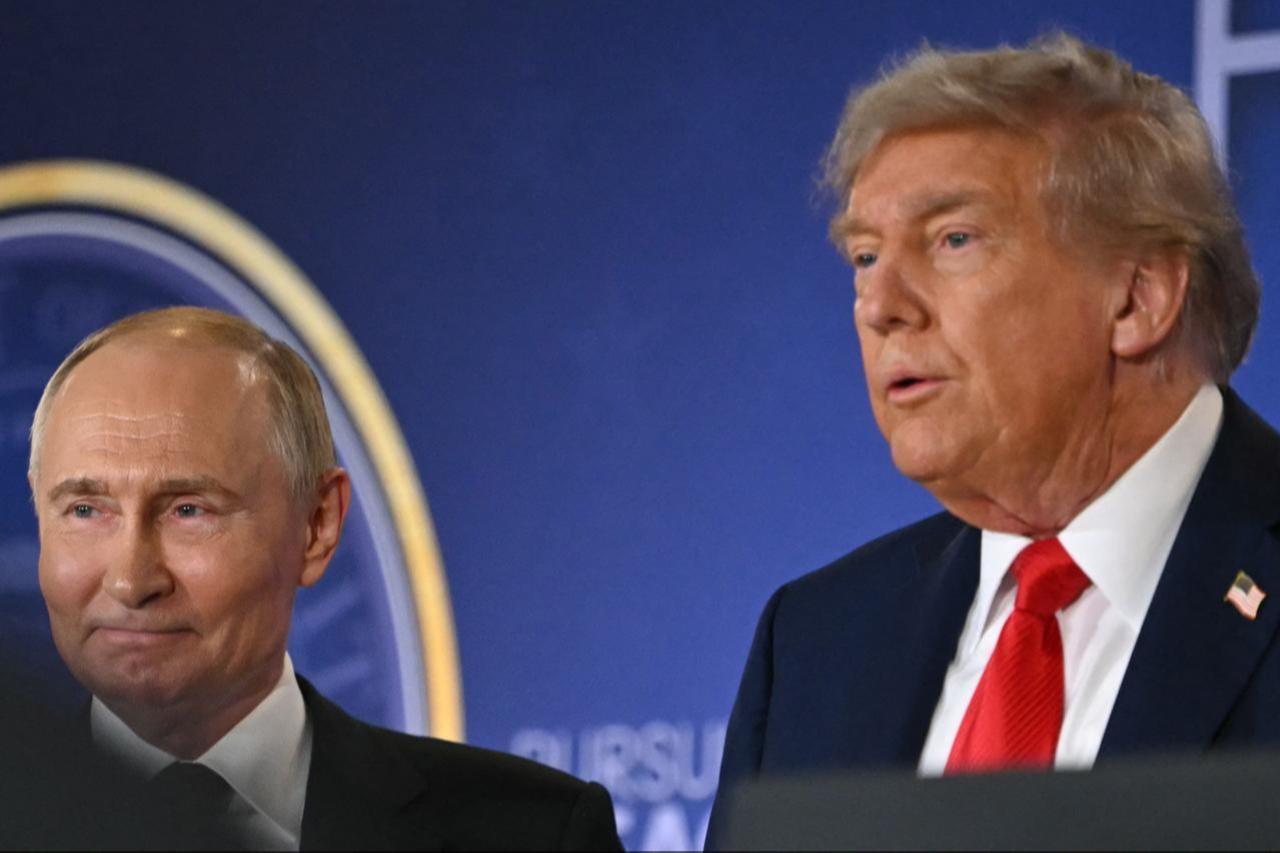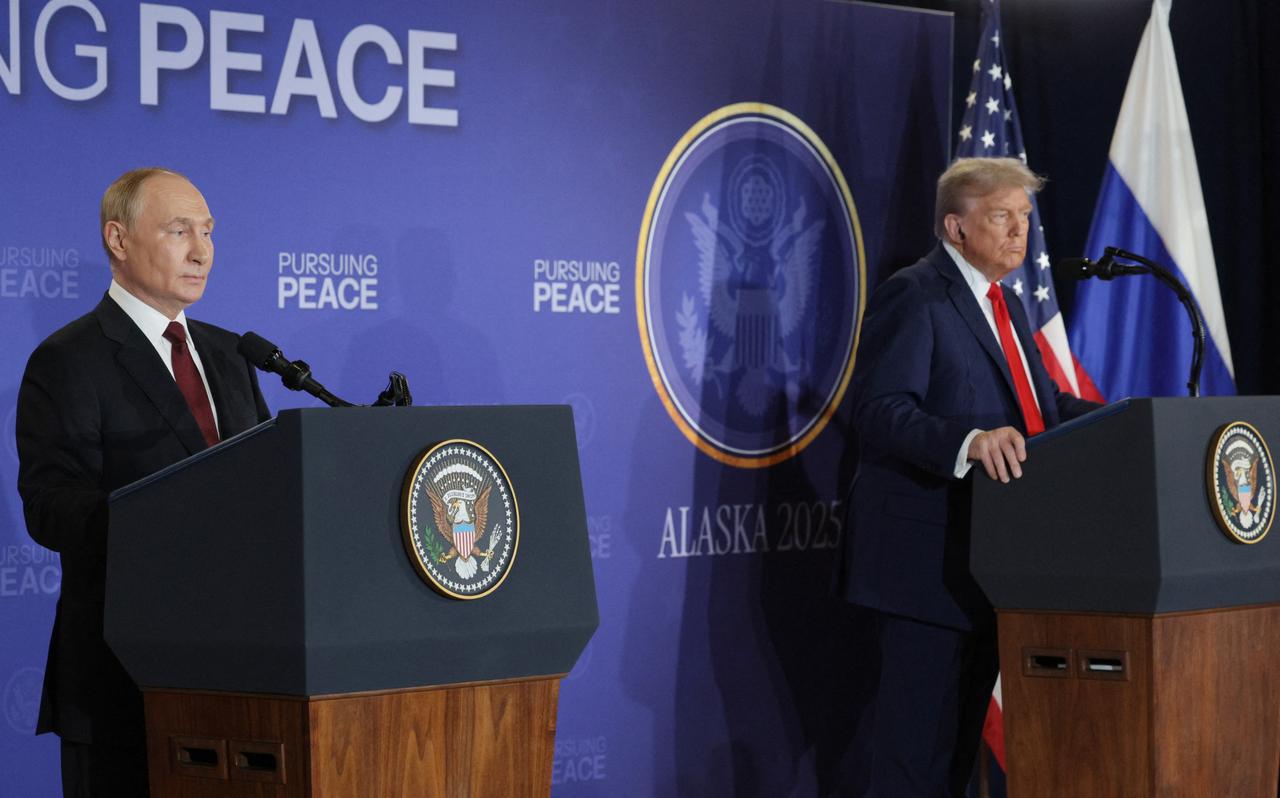
U.S. President Donald Trump has canceled a planned summit with Russian President Vladimir Putin that was scheduled to be held in Budapest later this month, after Moscow refused to modify its hardline demands concerning Ukraine, a report suggested.
According to the British Financial Times, the decision to cancel the summit followed a tense conversation between Russian Foreign Minister Sergey Lavrov and U.S. Secretary of State Marco Rubio.
After the call, Rubio informed Trump that Moscow showed no willingness to compromise, prompting Washington to withdraw from the planned meeting.
The White House has not yet issued an official statement on the decision.
The Kremlin maintained that Ukraine must cede additional territory as a prerequisite for any ceasefire agreement. Russia’s Foreign Ministry also sent a memo to Washington reiterating what President Vladimir Putin described as the "root causes" of the conflict—including territorial concessions, major reductions in Ukraine’s armed forces, and guarantees that the country would never join the North Atlantic Treaty Organization (NATO).
Trump, who has supported Ukraine’s call for an immediate ceasefire along the current frontlines, reportedly rejected these terms.
Ukrainian President Volodymyr Zelenskyy stated earlier this month that while Kyiv remains open to peace talks, it will not withdraw its troops or surrender any additional territory under pressure from Moscow.
The canceled Budapest summit had been expected to build on the leaders’ previous meeting in Alaska in August, which Trump described as "10 out of 10" after nearly three hours of talks. However, relations deteriorated again following renewed Russian attacks in Ukraine.
In October, the U.S. and the European Union moved ahead with new sanctions targeting Russia’s energy sector, particularly oil exports.

Meanwhile, amid renewed tensions with Russia over Ukraine, Trump ordered the Pentagon on Thursday to restart U.S. nuclear weapons testing for the first time in more than three decades, citing the need to keep pace with other nuclear powers.
Trump said he had "no choice" but to resume testing on an "equal basis" with countries conducting their own programs, referring to recent nuclear activities by Russia, China, and North Korea, which U.S. officials have accused of carrying out or preparing tests in violation of international norms.
The order instructs the Pentagon to begin immediate preparations as part of what Trump described as efforts to ensure the credibility and modernization of America’s nuclear deterrent.
Responding to Trump’s remarks, the Kremlin said the U.S. decision does not signal a renewed arms race but warned that Russia would "respond appropriately" if the global moratorium were broken.
Kremlin spokesman Dmitry Peskov added that Russia’s recent Burevestnik missile trials use nuclear propulsion technology, not warheads, and therefore cannot be considered nuclear tests.